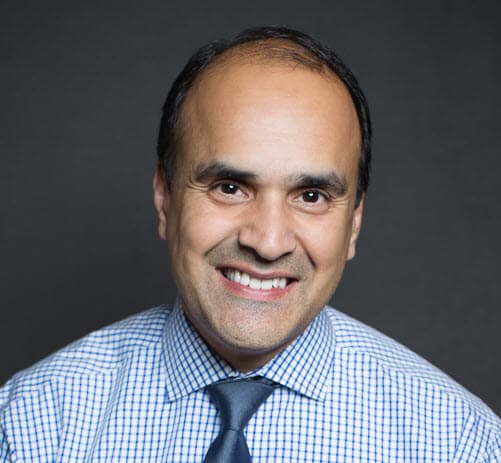
@ShahidNShah

The Common Alerting Protocol (CAP) and Emergency Data Exchange Language (EDXL) are two standards that have been promoted by organizations that need to transfer information to each other during times of emergencies (natural disasters, terrorist incidents, etc). There are lots of vendors supporting CAP but I haven’t seen much use within health IT or medical devices so I thought I’d blog about what CAP and EDXL are so that our CIO and CTO readers out there can help their own teams understand why it might be important to learn about the standards.
Here’s is CAP’s purpose:
As you can see, the most important purpose of CAP is to allow exchanging of alerts and warnings. Given that hospitals and ambulances are first responders we would assume there is some strategy in hospital IT departments to allow reading and writing of CAP messages. At first glance, it seems like there is not much reason for health IT or medical software to know about or share CAP messages. However, if the software we write gets smarter about diseases and clinical decision making we could use something like CAP to help inform CDC and FDA for hazards, infections, etc. Medical device manufacturers could use CAP to report adverse events to their own internal IT systems and CAP gateways could help route important messages outside the hospital.
There are lots of implications of CAP and EDXL. If you have started using these standards or feel like they are not applicable to health IT systems, share your thoughts with your colleagues by dropping a comment here.

Shahid Shah is an internationally recognized enterprise software guru that specializes in digital health with an emphasis on e-health, EHR/EMR, big data, iOT, data interoperability, med device connectivity, and bioinformatics.
Connecting innovation decision makers to authoritative information, institutions, people and insights.
Medigy accurately delivers healthcare and technology information, news and insight from around the world.
Medigy surfaces the world's best crowdsourced health tech offerings with social interactions and peer reviews.
© 2025 Netspective Media LLC. All Rights Reserved.
Built on Mar 12, 2025 at 5:07am